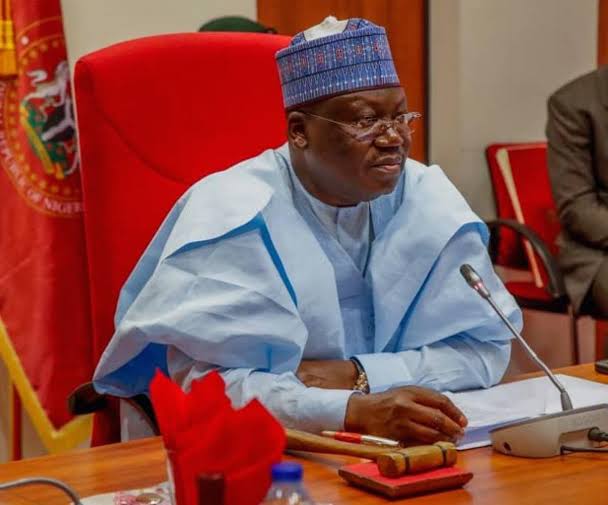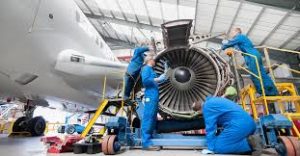
The President of the Senate, Ahmad Lawan has announced that the move to implement the removal of fuel subsidy has not been authorized by President Muhammadu Buhari.
The Senator declared this after a meeting with the President yesterday at the Presidential Villa in Abuja.
He mentioned that his meeting with the President was to express the feelings of some constituents on some issues, including the projected removal of subsidy.
Recall that the Minister of Finance, Budget and National Planning, Zainab Ahmed had announced to Nigerians in a public presentation on Wednesday, 5th of January, 2022 that there is no provision made for fuel subsidy for the months of July to December 2022.
“From July to December, there is no provision made for subsidy. Our assumption is that by June, we would have been able to work through a process with all stakeholders, NOC, oil regulators, different MDAs that have a role to play as well as businesses.
The PIA has made a provision that prices of products in the petroleum sector must be deregulated. And so far, we have been able to deregulate kerosene prices, diesel prices, the only one that is still nor deregulated is PMS.
We are trying to comply with the law because the PIA is an Act of the NASS and the government has a responsibility to comply,” she said
The development came in a bid to conform with the provisions in the Petroleum Industry Act, which maintains that the prices of all petroleum products be deregulated
Yesterday, at the Budget Analysis Session organized by Lagos Chamber of Commerce and Industry, the Director General of the budget office for the federal republic of Nigeria, Ben Akabueze asserted that the national budget contained instruments of implementation of the removal of the subsidy.
Meanwhile, Nigerians all over the federation have decried the attempt to remove fuel subsidy, lamenting that such actions amount to a total neglect of citizens’ welfare.
In response to this, Zainab Ahmed opined that an alternative implementation would be to channel the subsidy to public transport workers, such that the subsidy is used by those who need it the most.
According to her, it would involved identifying drivers of commercial vehicles through the transport workers union. Then the drivers will be registered for the subsidy to be channeled through them using vouchers.
She however referred to the model as a proposal which will be looked into.

